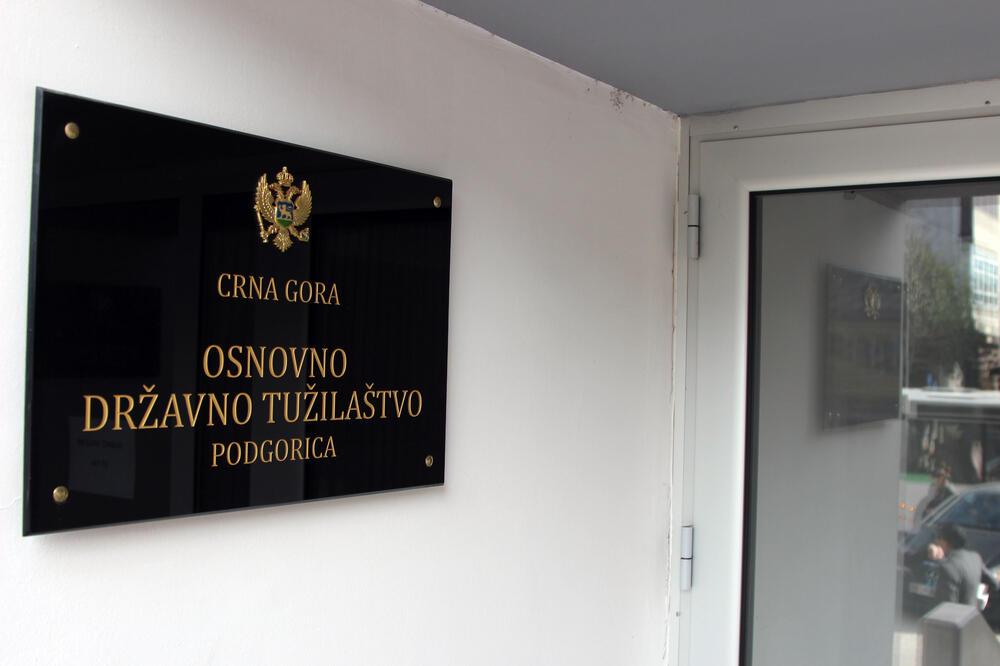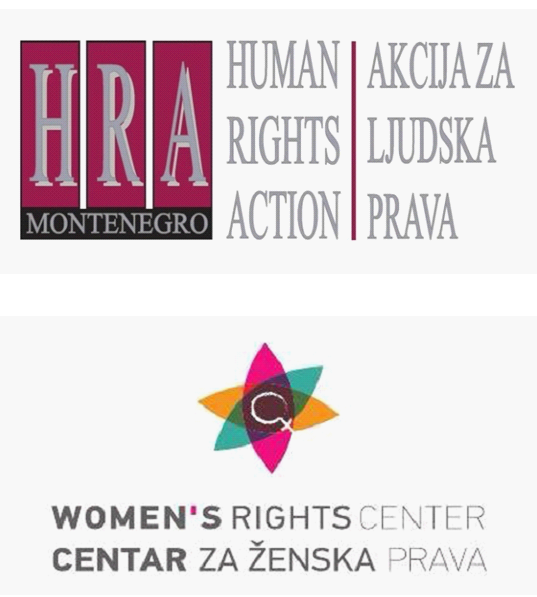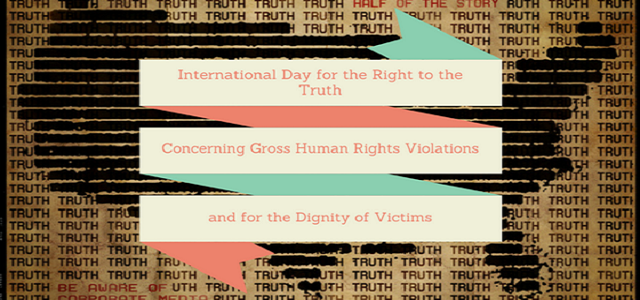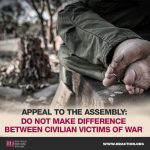
TRIPLE POLICE TORTURE CASE IN THE INVESTIGATION OF “BOMBING ATTACK”: 5 INSPECTORS ACCUSED OF TORTURE OF BOLJEVIĆ, NO ONE FOR GRUJIČIĆ AND MUGOŠA
21/03/2022
STOP MISOGINY WITH PRIMITIVE COMMENTS OFFENDING THE DIGNITY OF ALL
29/03/2022THE INTERNATIONAL DAY FOR THE RIGHT TO THE TRUTH CONCERNING GROSS HUMAN RIGHTS VIOLATIONS AND FOR THE DIGNITY OF THE VICTIMS: MONTENEGRO TO ENSURE FAIR REPARATIONS FOR ALL VICTIMS

Source: Time Bulletin
Today is the International Day for the Right to the Truth concerning Gross Human Rights Violations and for the Dignity of Victims. This commemorative day was established by the United Nations General Assembly on 21 December 2010.
On this day, 42 years ago, Oscar Arnulfo Romero, an archbishop from the Central American state of El Salvador, was assassinated while holding a mass, as he criticized mass violations of human rights, murder and torture in the civil war and social injustice. No one has ever been held accountable for Romero’s murder, and the memory of his fight for a more just society lives on today. The Human Rights Action (HRA) pays tribute to all human rights activists who, like Romero, lost their lives in that fight.
We are horrified by the war that the Russian Federation started on European soil, in Ukraine, which has been going on for a month, and which has already been marked by the most serious human rights violations. In this war, there have already been numerous attacks on civilian buildings, apartment buildings, hospitals and other health centers, all of which are features of war crimes. According to the UN Human Rights Office of the High Commissioner, at least 977 civilians, including 81 children, have been killed in Ukraine since the beginning of the Russian invasion, and 1,594 have been injured, including 108 children. At the same time, Russian authorities are retaliating against their political opponents, independent media and other citizens who oppose the war and human rights violations. The war in Ukraine is not the only armed conflict in the world. There are at least twenty more.
Montenegro has not done enough to provide justice for the victims of war crimes, which belong to gross human rights violations. War crimes of the 1990s were not effectively prosecuted, and the Supreme Court then denied victims access to litigation calling upon the statute limitations. Therefore, more than a year ago, the HRA proposed to the government of Zdravko Krivokapić to compensate the victims of crimes in Bukovica, Kaludjerski Laz, Murino and the Deportation of Refugees, whose requests were rejected only because the state has so far failed to establish responsibility of any person for these crimes. We continue to point out that the state has not done enough to bring the perpetrators to justice and that the Special State Prosecutor’s Office has not responded to expectations in this area.
Unfortunately, the civilian victims of war are not recognized by the Law on Veterans and Disability Protection. Although there are few such persons in Montenegro (e.g. families of victims of abduction in Štrpci), providing social protection to this category of people would be a significant step in supporting their families and dealing with the consequences of the wars of the 1990s.
Also, Montenegro still does not have a Law on Rehabilitation and Compensation of Victims of Political Persecution of Prisoners on Goli Otok, Saint Grgur and other prisons. Only on Goli otok, there were 3,390 Montenegrins, which was 21.5% of the total number of prisoners, which was by far the largest in proportion to the population of the then Yugoslav republics. Serbia, Croatia and Slovenia adopted laws that allow former political prisoners to rehabilitate and compensate them and their families. The government of Prime Minister Krivokapić did not consider the proposal of the HRA and the Association of Golotočani in the direction of passing such a law, although it said that it would do so.
Denying victims of human rights violations is disregarding human rights. Montenegro must make a crucial effort to ensure that all victims of gross human rights violations in the past get satisfaction and are not forgotten. Such treatment, grounded in moral and legal principles, would be an important pledge for a better future.







 English
English